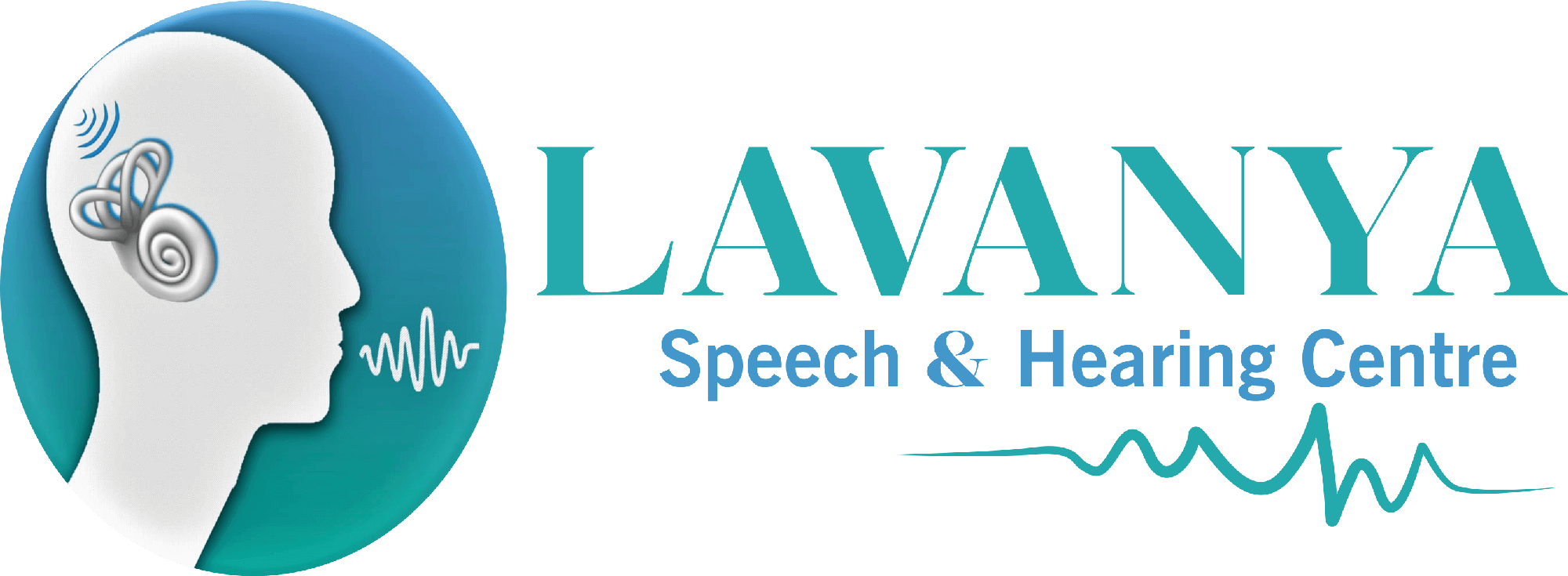Newborn Hearing Screening
Hearing loss is one of the most common congenital abnormalities found in approximately 4-6 newborns per 1000. Hearing screening helps to early identify newborns having hearing loss. Early identification of hearing loss helps in early intervention leading to better speech, language and communication development as compared to late diagnosed newborns. Human nervous system has plasticity hence early intervention is needed.
Many protocols for hearing screening in newborns are used across globe. India is a developing country and we must take care of cost effectiveness. So the protocol which is very suitable for Indian scenario is OAE followed by BERA (Two Stage Protocol).

Two Stage Protocol
Newborns are screened for hearing after 24 hours of birth and before hospital discharge using OAE test (TEOAE / DPOAE).
If OAE pass in initial screening and newborn does not have any high risk factor then no need for further tests and parents are advised to monitor milestones of Speech, Language and communication development.
If OAE refer or fail in initial screening then newborn is advised for another screening at 1 months of age. If newborn hearing screening at 1 month of age is also refer or fail then he/she advised for further diagnostic assessments at 3 months of age.
If newborn passes initial hearing screening but have high risk factors then also OAE rescreening at 1 months of age followed by diagnostic tests at 3 months of age are advised. Early identified newborns are advised for early intervention by 6 months of age.
High Risk Registers -
Even after newborn passes the hearing screening, additional or periodic hearing testing is required if below mentioned high risk factors are attached –
- Family history of permanent hearing loss.
- Preterm delivery (less than 33 weeks of gestation).
- Low birth weight (less than 1500 grams).
- NICU stay more than 5 days (On mechanical ventilation, exposure to ototoxic medicines).
- Hyperbilirubinemia or Jaundice (Bilirubin levels more than 17 mg/dl).
- Hyperbilirubinemia requiring exchange blood transfusion.
- Maternal infections during pregnancy or delivery (TORCH).
- Meningitis
- Birth Asphyxia
- Craniofacial abnormalities like ear tags/pits, atresia, cleft lip and/or palate.
- Syndromes associated with hearing loss or late onset or progressive hearing loss like neurofibromatosis, Usher, Waardenburg syndromes etc.
As per JCIH year 2007 position statement all newborns should undergo hearing screening before leaving hospital because even with no high risk factors newborn may have hearing loss at birth.
Some newborn with high risk factors may develop late onset or progressive nature of hearing loss, so need to undergo BERA and other diagnostic hearing assessments by 3 months of age for early identification and early management of hearing loss. Hearing screening for newborns is a test used to identify newborns who are likely to have hearing loss and who require further evaluation.

.gif)
.jpeg)